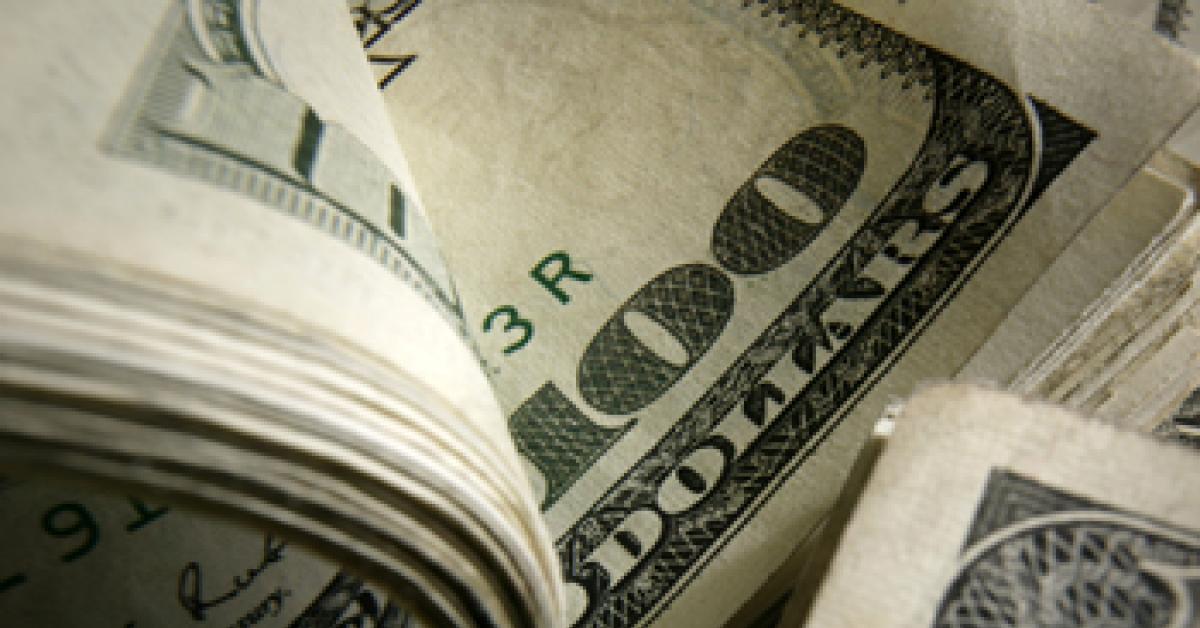CHICAGO — It’s that time of year again. You know the drill: Your accountant or tax preparer does the calculating; you write the checks. But this year, don’t just comply with his instructions—make the exercise a learning experience. Here’s how.
Sort revenue and cost categories. Your computer records costs, but make your own list of costs and make sure they’re accurate. If costs are misplaced, put them where they belong. Evaluate costs in terms of revenues. For example, if the cost of utilities is supposed to be 10%, but is, in fact, 15%, what accounts for the overage?
Investigate costs and make changes to them, if necessary. Can you cut utility consumption, or pump up sales volume to make utility use more efficient? Were they within budget last year? Maybe a price increase is in order.
Now, look at revenues. If sales were down, what was the reason? Did you experience delays and alienate customers? Did you lose a key salesperson? Did the market dry up because a competitor “lowballed” the work?
Assemble costs to determine the profitability of your retail, commercial and wholesale accounts. Has your main plant’s front-counter profit declined? Can you do anything to increase profitability in 2011?
To calculate these figures, you must separate out labor costs and estimate the others. Even though you’re making a guess, the exercise will help examine different aspects of your operation. Get your accounts in order for your accountant, and to help you see the big picture.ASK QUESTIONS
After the analysis, dig for answers. Your accountant can answer questions because he is familiar with your business, is financially savvy, and as a small business owner, likely faces the same questions himself.
Perhaps you’re wondering which is better at tax time—owning vs. renting? When it comes to equipment, which is better—owning or leasing? How can I improve cashflow? How do I determine the worth of the business? When is the best time is to replace equipment? Is depreciation helping the bottom line? What new tax credits are open to me?
Have your accountant explain the tax strategies you don’t understand. For example, what is Section 179, and how does it work? Is a home office something I should take advantage of?
The answers will help you understand your business better. For example, the rent vs. buy decision will give you a window from which to view future property purchases. Knowing how different expenses affect the bottom line helps decipher balance sheets.MAKE SURE YOU’RE CURRENT ON ESTIMATED TAXES
Estimated taxes are a guess at the full year’s liability. Your accountant might have you pay estimates on the proper due dates—April 15, June 15, Sept. 15, and Jan. 15 of the next year. Make sure you’ve complied. If you haven’t, you may owe.
The problem is that at tax time, you may not have enough in the till to pay all of your taxes at once, and not paying on-time is more costly. Many businesses have been ruined because they ignored these obligations. Don’t let yours be among them.ASK WHAT ELSE YOUR ACCOUNTANT CAN DO
Your accountant is probably a savvy businessperson, and can act as a consultant without charging additional fees. Perhaps he can offer tips on personal investing, such as setting up IRA accounts out of business profits. Maybe he can advise you how to employ your children to give them a sense of self-worth and absorb some profit.
Your accountant may know firms that can help fund your next investment. Perhaps he can help you solve a sticky employee issue. If he does other drycleaners’ taxes, he might help you form a cost group. Do all of the above, and you will make your tax time a positive experience.
Have a question or comment? E-mail our editor Dave Davis at [email protected].

